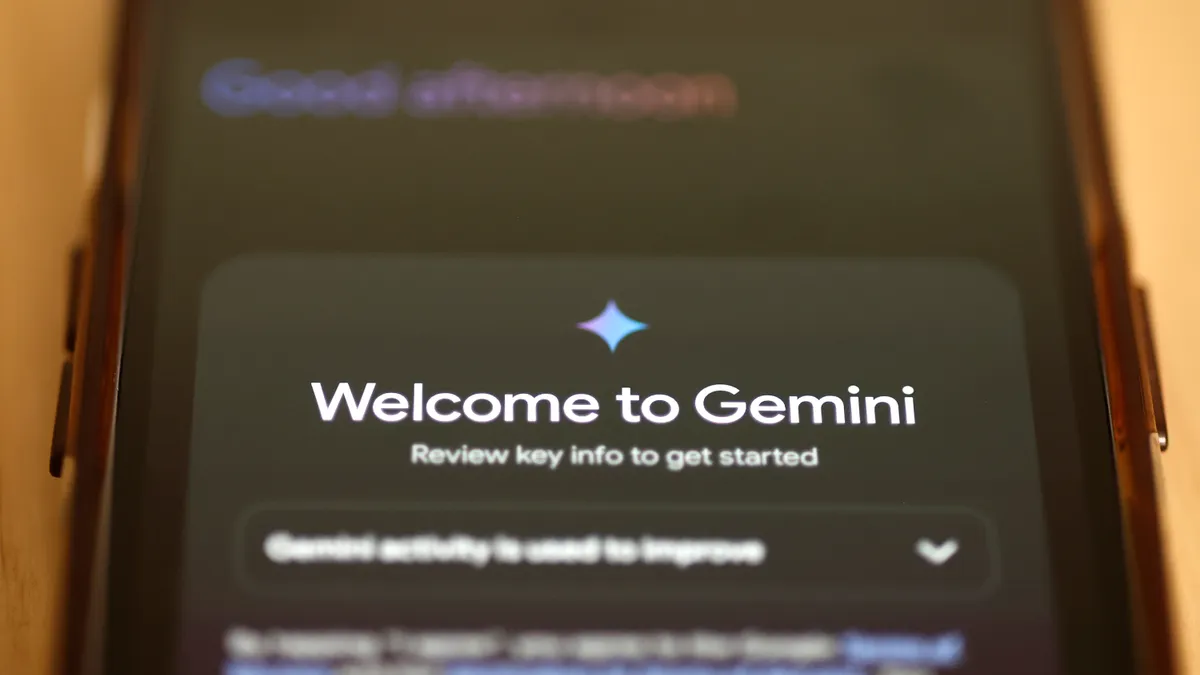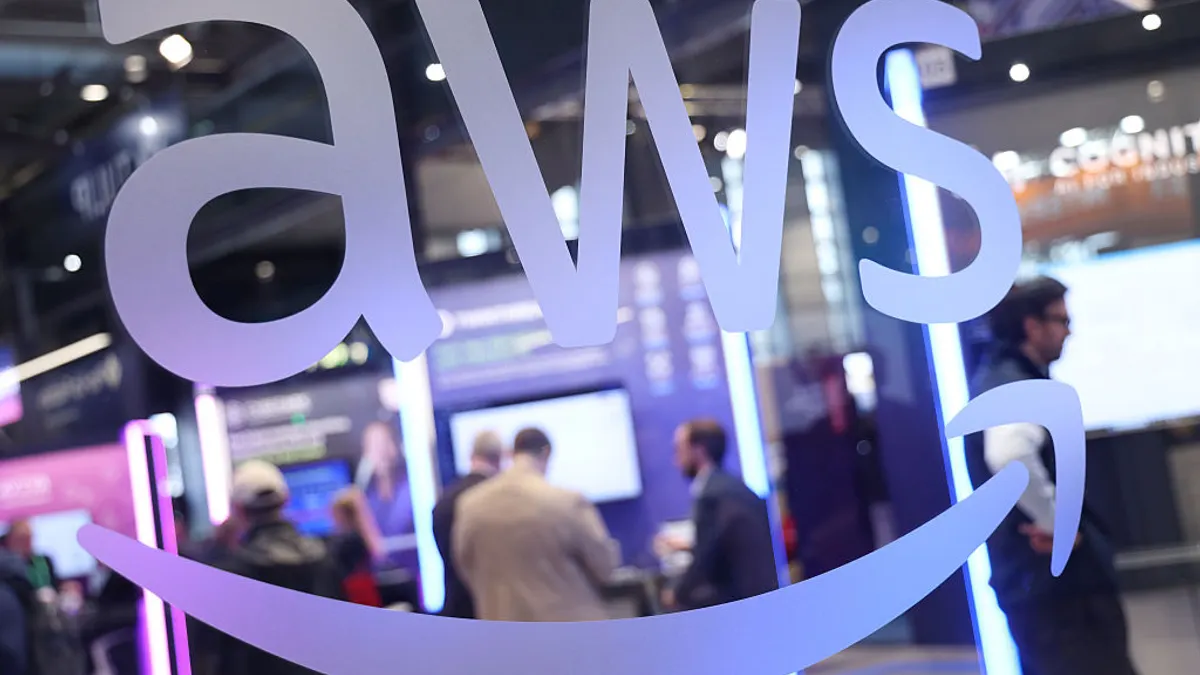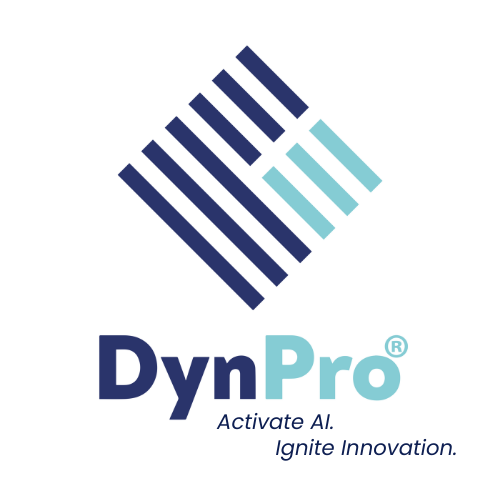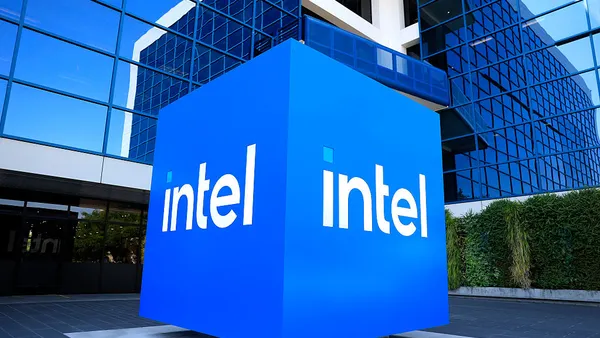Dive Brief:
- Google introduced a new agentic platform with a chat interface that combines Gemini models, first and third-party agents and what was formerly known as Agentspace, Google Cloud CEO Thomas Kurian said Thursday.
- The platform, called Gemini Enterprise, has a central governance framework to support audits and monitoring. Gemini Enterprise lets customers access an ecosystem of 100,000-plus partners, Kurian said. As part of the platform, enterprises can deploy a new low-code visual builder and pre-built, specialized contact center agents.
- “By bringing all of these components together through a single interface, Gemini Enterprise transforms how teams work,” Kurian said in a blog post. “It moves beyond simple tasks to automate entire workflows and drive smarter business outcomes — all on Google's secure, enterprise-grade architecture.”
Dive Insight:
Most enterprises are pursuing AI adoption with help from vendors, but not all new updates are purely beneficial to customers.
Naming conventions for AI tools and platforms are hard to keep up with, to put it lightly. Gemini, for example, is the name for Google’s chatbot, the family of large language models that powers it and the new agentic platform’s moniker.
“AI vendors are continuously changing product names and prices because they are basically making it up as they go along,” Matt Cain, distinguished VP analyst at Gartner, said in an email to CIO Dive. “There is no solid long-term strategy guiding their way. They are in reactive mode, and this is characteristic of a new technology market with explosive growth.”
In February 2024, Google rolled out a new user experience as part of the debut of Gemini for Workspace, which itself was available as an enterprise add-on that replaced what was formerly known as Duet AI for Workspace Enterprise.
Google isn't alone in its AI naming woes. BBB National Programs' National Advertising Division called attention to Microsoft’s universal use of Copilot as a product descriptor in June, recommending the cloud hyperscaler should modify advertising to improve clarity.
Enterprises trying to keep up with AI vendors often end up confused, Cain said. Confidence in providers falters amid muddled product names.
“The customer benefits when prices drop," Cain said. "But name changes rarely lack additional clarity and only add to overall market confusion."
CIOs should feel empowered to push back on vendor claims and ask for clarification when necessary. Enterprises have the upper hand in negotiations as the agentic AI supply far exceeds demand, according to Gartner research.
Google said the changes announced Thursday aim to simplify AI use for enterprises, presenting users with "a single front door for AI in the workplace."
Gemini Enterprise is available to customers starting Thursday, offering access to more than 1,500 agents as part of the partner ecosystem. Early adopters include Deloitte, KPMG, PwC and Virgin Voyages.
The cruise line has deployed 50-plus specialized AI agents as part of their companywide adoption of Gemini Enterprise. The agents help employees with an array of tasks, such as personalized marketing outreach via an agent called Email Ellie.
“AI has accelerated our deployment of campaign assets, scaling our output while deepening personalized brand expression… our financial results have benefited from this as well as other initiatives,” Nirmal Saverimuttu, CEO of Virgin Voyages, said during a Tuesday call. “Agents have been deployed as an invisible workforce to support our team, thereby multiplying the impact and unleashing their potential.”
Correction: In a previous version of this article, BBB National Programs’ National Advertising Division was misidentified. The group is independent of the Better Business Bureau.















